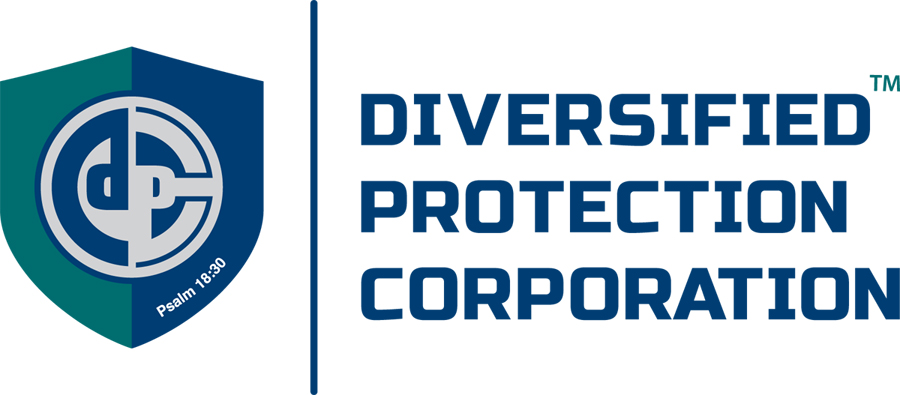Welcome to NASCO
The National Association of Security Companies (NASCO) is the nation’s largest contract security association, representing private security companies that employ more than 500,000 of the nation’s most highly trained security officers servicing the public and private sector throughout the United States. On behalf of its members, NASCO monitors and participates in activities affecting private security companies and private security officers at the federal, state and local level as well as activities in the employment, legal and commercial arenas. NASCO is the voice of the industry and the “go to” source for policymakers, government officials, the media and others on issues related to private security.
Our Mission:
To promote public awareness of the important role of private security in the United States and the valuable services provided by private security companies and their officers across the country. To shape and inform governmental and public policies and perceptions concerning private security. To advocate at the federal, state and local level on behalf of private security firms and on the licensing, screening and training of private security officers.
Our Members:


















